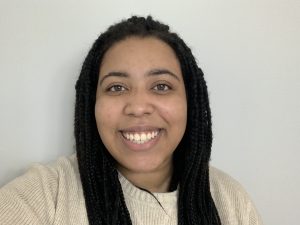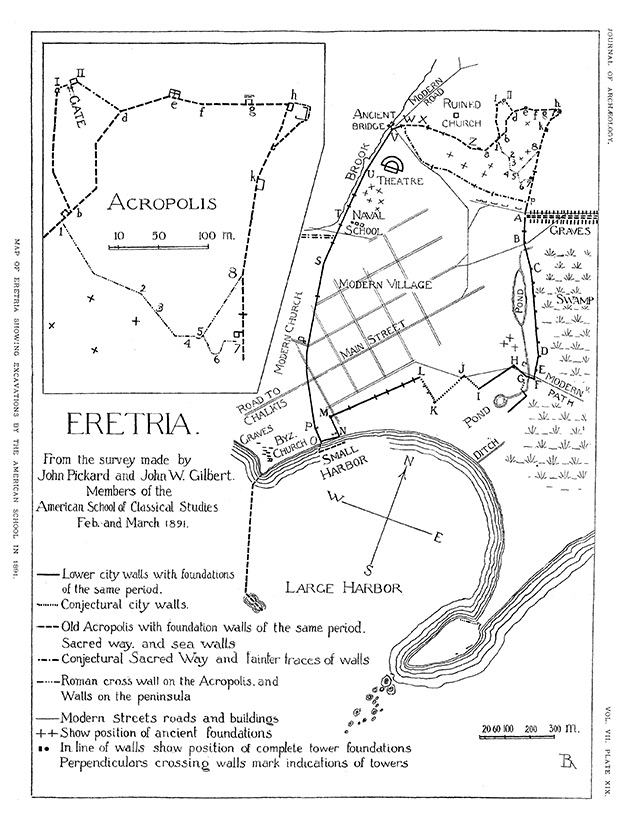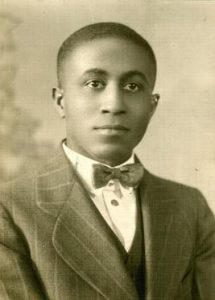9 Black Anthropology
An conversation between the chapter author (Julisha Roache) and one of the editors (Alyssa White) about Black anthropology, erasure, the personal aspects of fieldwork, and Julisha’s Honor’s Thesis, “I don’t really have a choice”: The Complexities of Being Black in Canada for the Caribbean Diaspora.
Black Anthropology
Julisha Roache (’22, Anthropology)

Black anthropologists have made significant contributions to Anthropology since its inception. These scholars often worked alongside key figures in the discipline such as Franz Boas and Bronislaw Malinowski; however they have also made significant contributions of their own to the field. Zora Neale Hurston, who was a student of Franz Boas, was an important scholar in early anthropology and innovated the ways that researchers approached ethnography. Hurston’s book Mules and Men examines how African American folktales were being used to express beliefs on Hoodoo and the connection that these stories had to African culture and traditions. Her ethnographic methods consisted of a completely immersive form of participant observation. She also incorporated her literary background in her ethnographic writing which placed a strong emphasis on the importance of narratives (Salamone, 2014). She was one of the first Black female anthropologists and paved the way for the researchers who came after her.
There were many other Black anthropologists who made strides in early anthropology, especially cultural anthropology. Allison Davis was an anthropologist in the 1900’s whose work in the American South examines class differences between Black and White communities. In his book “Deep South”, he concludes that America is operating under a caste system based on race and highlights how racism is foundational to its social institutions. He was also interested in education and argued that education is impacted by class, race, and culture, which results in White middle class frameworks and perspectives being foundational. This creates discrepancies between students based on social class and impacts student learning (Hills, 1995).

Sir Clair Drake was an anthropologist that was also interested in notions of race and used anthropology to further his own activism. He believed that anthropology was a discipline that could generate social change and be used as a tool towards the liberation of Black people (Jordan, 1990). His work reflected this idea and aimed to challenge the idea that Africa was an uncivilized place, which was prevalent at the time. The work of both of these scholars aimed at examining structures of inequality and focused on the intersections between race, class and gender in their analysis (Daniels, 2000). Their contributions to cultural anthropology showed the importance of taking into account power in analysis and highlighted the ways in which Black anthropologists have historically used their research to achieve social change.

However there were many contributions in other subfields of Anthropology as well. Caroline Bond Day was a trailblazer in physical anthropology for the way that she challenged notions of race and racial inferiority. Her work consisted of the documentation of the experiences of mixed raced individuals, most of which included her own family and friends. In her thesis “ “A Study of Some Negro-White Families in the United States”, she found that although mixed children of Black and White interracial couples were considered to be Black in the US, they lived similarly to White middle-class individuals. She also found that many of the mixed individuals were physically indistinguishable from other White people, which challenged the idea of strict racial categories. Not only did her work challenge the scientific racism prevalent at the time but it showed the value of doing insider ethnography because she was able to easily gain access to the community that a White anthropologist could not have at the time (Curwood, 2012).

In archaeology, John Wesley Gilbert is considered to be one of the first African American archaeologists and received a Master’s in archaeology at Brown University in 1891. His focus was on Greek archaeology and he studied in Greece where he worked with a team of other researchers to create a topological map of the ancient city of Eritrea (Ronnick, 2001).

Mark Hanna Watkins was a linguist who specialized in African languages and wrote a grammar of a Bantu language called Chichewa in 1933. The grammar examined aspects of the language such as morphology and syntax and took an innovative approach through his incorporation of structuralist methods (Wade-Lewis, 2004). All of these scholars played an important role in shaping the discipline and their legacies can still be felt today.

References
Curwood, A. C. (2012). Caroline Bond Day (1889-1948): A black woman outsider within physical anthropology. Transforming Anthropology, 20(1), 79–89. https://doi.org/10.1111/j.1548-7466.2011.01145.x
Daniels, T. P. (2000). Ruminations of du bois, Davis and drake. Transforming Anthropology, 9(1), 30–43. https://doi.org/10.1525/tran.2000.9.1.30
Hillis, M. R. (1995). Allison Davis and the Study of Race, Social Class, and Schooling. The Journal of Negro Education, 64(1), 33–41. https://doi.org/10.2307/2967282
Jordan, G. (1990). On being a committed intellectual: St Clair Drake and the politics of anthropology. Transforming Anthropology, 1(2), 15-18. https://doi.org/10.1525/tran.1990.1.2.15
Remy, A. (1976). ANTHROPOLOGY: FOR WHOM AND WHAT? The Black Scholar, 7(7), 12–16. http://www.jstor.org/stable/41066011
Ronnick, M. V. (2001). John Wesley Gilbert ca. 1864-1923. The Classical Outlook, 78(3), 113–114. http://www.jstor.org/stable/43938451
Salamone, F. A. (2014). His eyes were watching her. Papa Franz Boas, Zora Neale Hurston, and anthropology. Anthropos, 109(1), 217–224. https://doi.org/10.5771/0257-9774-2014-1-217

